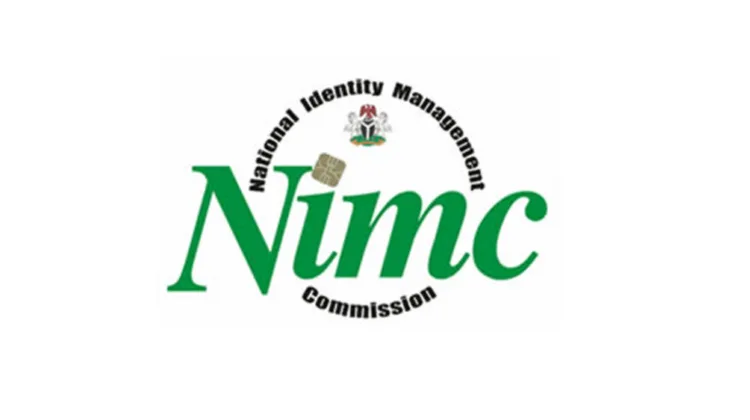The National Identity Management Commission has said that the new National Identification Number card will support government-to-people services and offer multiple functionalities to improve access to government interventions.
Speaking on the initiative during a press briefing in Abuja on Friday, Dr Peter Iwegbu, Director of Card Management Services at NIMC, said the card is designed to ensure the effective delivery of government services, particularly to vulnerable Nigerians.
He noted that the card would address challenges in identifying beneficiaries of government interventions, providing a secure and verifiable platform for accessing such services.
He stated, “The second programme is addressing the need for government services being delivered. There have been challenges in identifying the people who participate in government interventions.
“The government-to-people card addresses this need for the government, its agencies, and even the private sector to identify those provided with such services in a secure and verifiable manner. This is on the back of the national identification number card.”
Iwegbu further explained that the initiative aligns with NIMC’s mandate to enrol Nigerians and issue them a general-purpose card.
He added that the new card programmes are aimed at addressing social and economic issues by integrating payment functionality with identity as a foundation.
“The programmes will provide support to Nigerians,” he said. “It is a three-in-one card, which means it gives access to government services, serves as a form of identification, and facilitates financial transactions.”
He emphasised that the card would enhance security by enabling authorities to track fraudulent activities.
He noted that the government-to-people card would be personalised to each Ministry, Department, and Agency that adopts its usage and would be programme-driven.
According to him, the initiative is targeted at ensuring that government services and initiatives are delivered effectively to vulnerable groups across the country.
The NIMC, in collaboration with the Nigeria Interbank Settlement Systems, AfriGO, Data Mining Company, and other stakeholders, is set to roll out digital cards equipped with multiple wallets to drive financial inclusion and improve Nigeria’s Gross Domestic Product.
These cards will allow Nigerians to access government services across MDAs while also serving as a platform for students to secure government loans.
Farmers registered under the Federal Ministry of Agriculture and Food Security have already adopted the cards for government services, including agricultural loans, seedlings, and other inputs aimed at boosting food production and security.
The Director-General of NIMC, Abisoye Coker-Odusote, highlighted that the biometric-enabled cards align with the eight-point agenda of President Bola Tinubu and are designed to address the socio-economic needs of Nigerians.
Speaking at the NIMC headquarters in Abuja, Coker-Odusote explained that the cards would be available to citizens both within and outside the country and to legitimate residents, enabling them to perform various transactions such as paying utility bills, accessing transportation services, and shopping.
“The cards can be used offline and online, providing services for unbanked citizens in rural areas and supporting businesses in need of government aid. Nigerians will no longer require intermediaries to access government services and support,” she said.
Coker-Odusote assured that the cards are equipped with advanced security features, making them tamper-proof and preventing ghost beneficiaries from accessing government programmes.
The Managing Director of AfriGO, Ebehijie Momoh, described the card as a groundbreaking domestic solution that would transform Nigeria’s economy.
“The digital card is a domestic solution to drive financial inclusion and provide cost-effectiveness and transparency within the system. It ensures data sovereignty and autonomy, which are critical for economic growth,” she said.
Momoh also noted that the card would support the government’s cashless policy by ensuring that financial transactions remain within the domestic economy.

